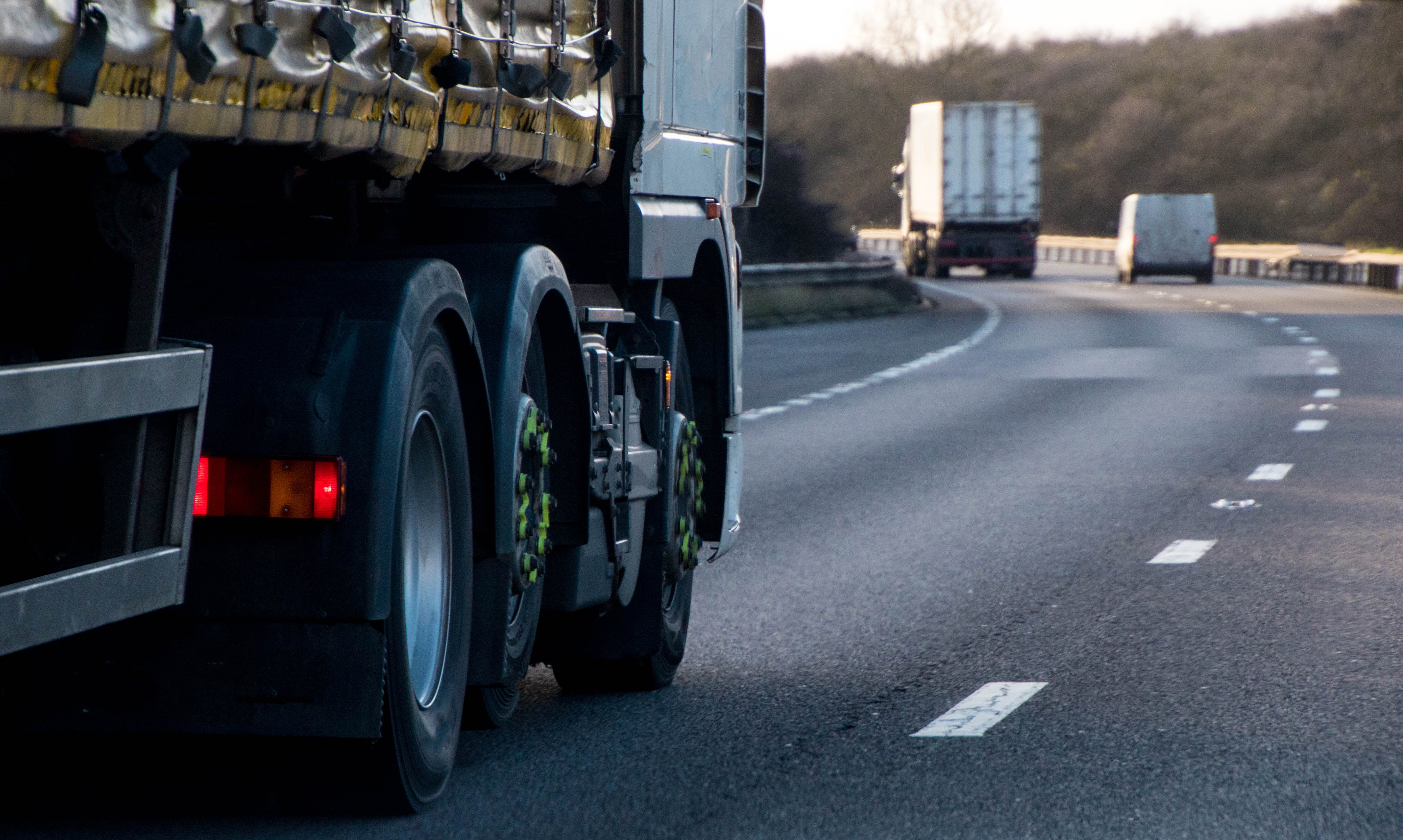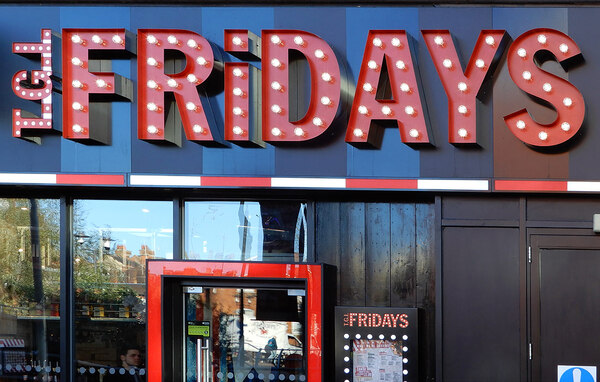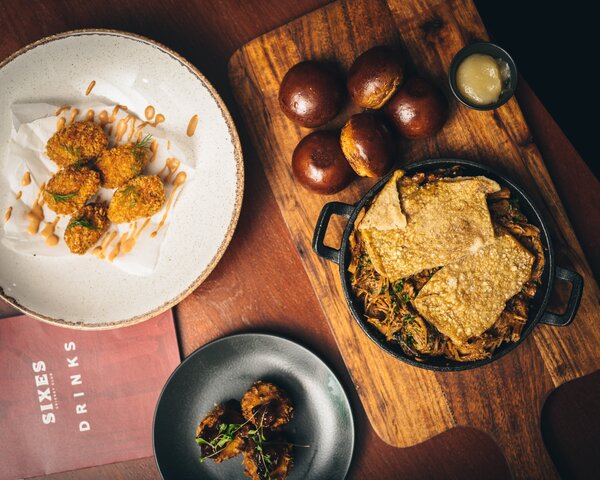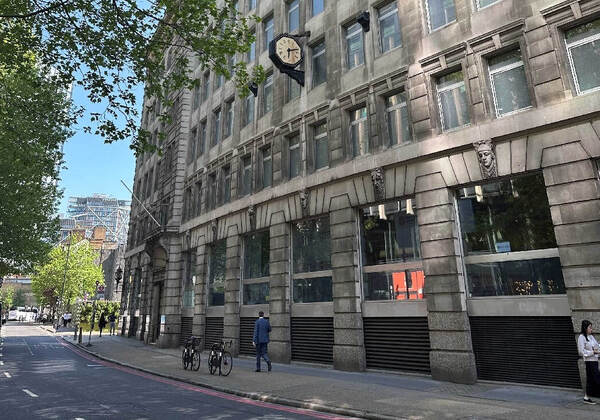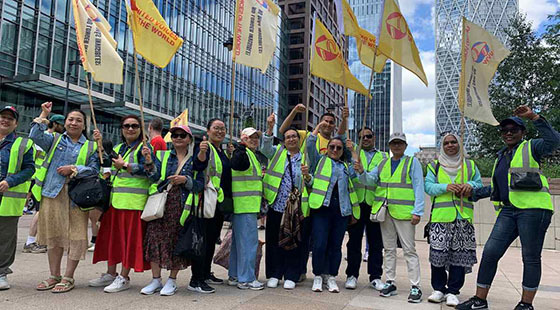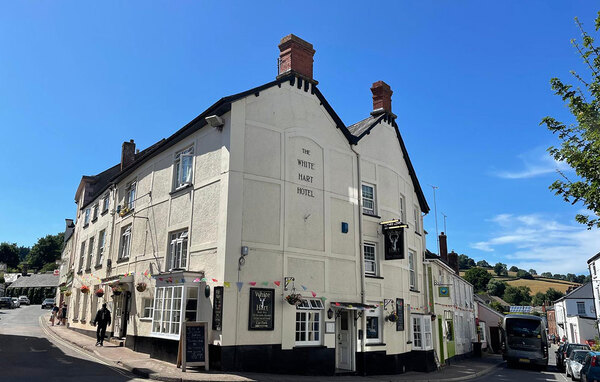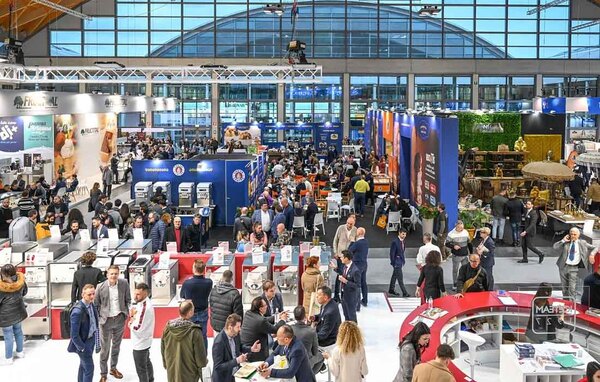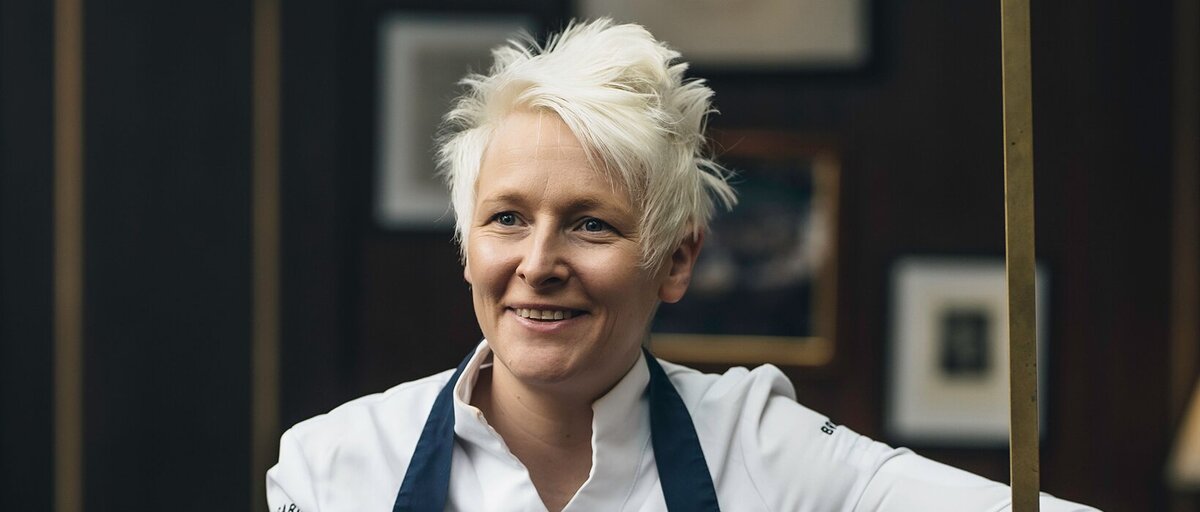Wholesalers say lack of drivers will affect menus on Freedom Day
The anticipated removal of coronavirus restrictions on 19 July in England will be a disaster for pubs and restaurants unless the government acts immediately to secure food deliveries, wholesalers have warned.
The shortage of HGV drivers means food and drink wholesalers and suppliers are already struggling to reach all their customers within a driver’s allotted shift, and with no reserve drivers available, they are having to choose which customers not to deliver to.
The continued shortage of drivers will have an impact on small businesses’ ability to guarantee they can meet the surge in demand after Freedom Day, and therefore their profitability.
The Federation of Wholesale Distributors (FWD) said this crisis requires immediate action from government, and suggests re-introducing last year’s temporary extension of drivers’ hours, which allowed an eleventh hour or 12th day per fortnight, to prevent shortages of food and drink in harder-to-reach locations.
FWD chief executive James Bielby said: “We’re going to see less choice on menus and less food available in shops, certainly in rural areas or in coastal areas, because they're more difficult to reach as the shortage of drivers impacts the whole supply chain. Goods coming into a wholesalers’ depot late, or a shorter delivery than was ordered, means that the people at the end of the line are less likely to be serviced. The delivery drivers just run out of hours.
“Allowing them a little flexibility to make deliveries to those stores will mean that people who live or are holidaying in places where there’s no other options for food will be able to be served.
“Throughout the whole of last year and up until March this year, drivers were able to go slightly longer and further to reach the extremities of the market. We need to bring that back.”
FWD stresses that no one will go without food, but choice will be limited and it will be restaurants, pubs and independent shops that bear the brunt of the shortages. “There’s no need to panic – you’ll still be able to buy food,” said Bielby. “But where you might have had a choice of five varieties of apples, you may have three. Choice and range is going to be limited and that’s a disaster for restaurants that are desperate to throw open their doors and start their recovery from the long closure.
Addressing the driver shortage, Margaret Gooch, HR Director for Brakes, commented: "We recognise that professional driving has an image problem, and we know we have a part to play in making it a more attractive career for younger people. Only 2% of HGV drivers are under 25. The answer includes things like more apprenticeships; company sponsorship of licence attainment; a greater focus on enabling drivers to transition into other roles within the business - and other colleagues to become drivers; and evolving vehicles, technology and working practices, so we can attract and develop the next generation of drivers.
"Given the staff shortages the industry is facing, recruitment is a top priority within the business and we’re leaving no stone unturned, launching advertising campaigns that encompass radio and even advertising on petrol pumps – after all where else do you have a captive driver audience! We've also extensively reviewed our pay and conditions so we can be confident we’re offering competitive rates of pay and benefits, across the company. While every team at Brakes plays a crucial part in our ability to serve our customers, drivers are the lifeblood of what we do. So it goes without saying we want our drivers to feel valued for their dedication and contribution to our business."
Bielby, concluded: “As we head towards Freedom Day, Boris Johnson is going to be insisting that people eat, drink and be merry and go out and enjoy themselves. That’s just not going to be possible if restaurants can't get the food in because their wholesaler can't reach them.”


